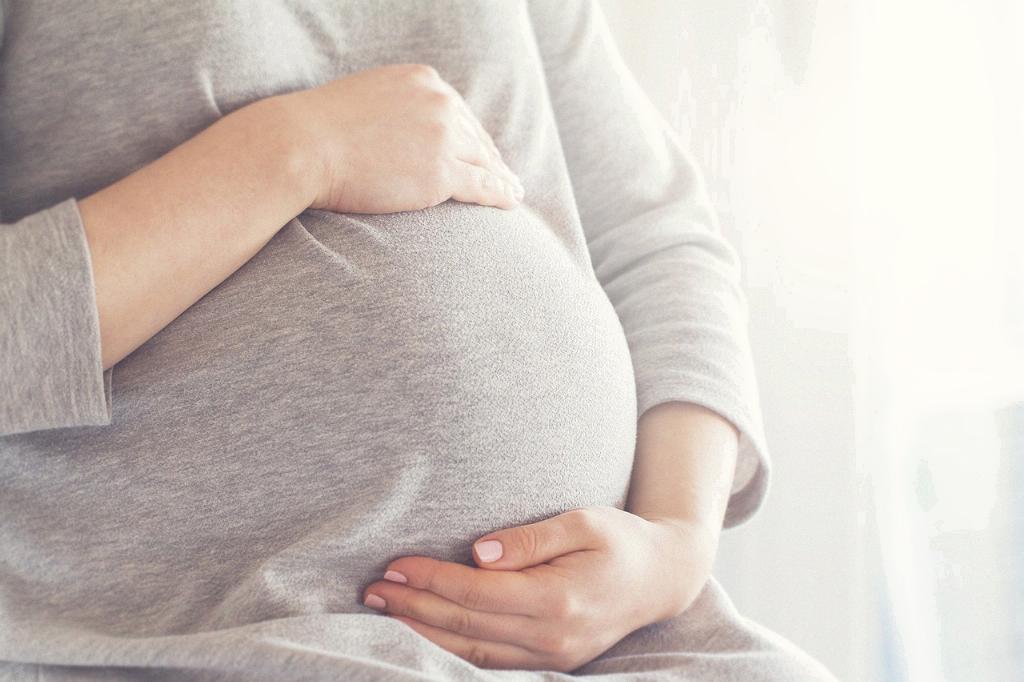After experiencing a chemical pregnancy, a common concern for many individuals is when it is safe to try to conceive again. The term “chemical pregnancy” refers to a very early miscarriage that occurs shortly after implantation. Despite the emotional toll it may take, the physical recovery from a chemical pregnancy is usually quick.
One of the most important pieces of advice is to listen to your body and give yourself the time you need to heal both physically and emotionally. There is no definitive waiting period required before attempting to conceive again after a chemical pregnancy. It often comes down to when you feel ready to try again.
Physically, your body will typically pass the pregnancy tissue naturally during a chemical pregnancy. This process can be similar to a heavier menstrual period, and the majority of individuals will not require any medical intervention for this. Once the tissue has been expelled, your body will begin to return to its normal menstrual cycle.
Emotionally, the experience of a chemical pregnancy can vary greatly from person to person. It’s essential to give yourself the necessary time to process your emotions and grieve the loss. Seeking support from loved ones, a therapist, or online support groups can be beneficial during this time.
While there is no exact timeframe that applies to everyone, some healthcare providers may recommend waiting until after you have had at least one normal menstrual cycle following a chemical pregnancy before trying to conceive again. This waiting period can help ensure that your body has fully recovered and that your hormone levels have returned to normal.
Discussing your pregnancy plans with your healthcare provider is crucial after a chemical pregnancy. They can provide personalized advice based on your individual circumstances, medical history, and future pregnancy goals. Your provider may also recommend specific tests or measures to assess your readiness to conceive again.
It’s important to remember that experiencing a chemical pregnancy does not necessarily increase your risk of future miscarriages or fertility issues. In fact, many individuals go on to have successful pregnancies after experiencing a chemical pregnancy. Each pregnancy is unique, and each person’s fertility journey is different.
If you are feeling uncertain or anxious about trying to conceive again after a chemical pregnancy, don’t hesitate to seek emotional support or counseling. Talking to a mental health professional can help you navigate your feelings and fears surrounding pregnancy and loss.
Ultimately, the decision of when to try to conceive again after a chemical pregnancy is a personal one. Trust in your instincts, listen to your body, and give yourself the time and space you need to heal. Remember that there is no right or wrong way to navigate this challenging experience, and it’s okay to seek help and support along the way.

